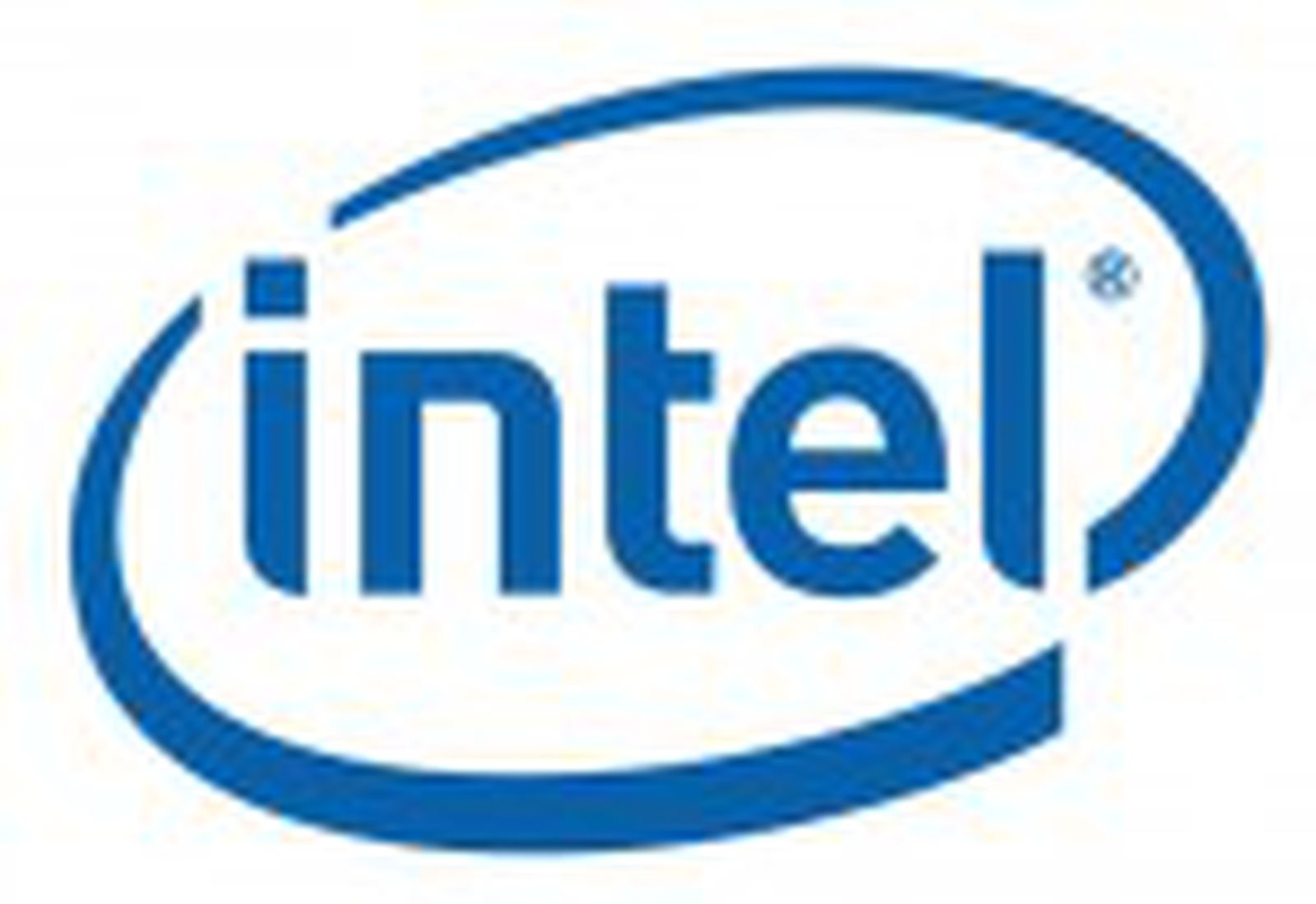Was looking for more info on what people are seeing/expecting for Apple Silicon. It's really quiet on the main page and even the forums. I think this is one of the more important things Apple has ever gone into.
Case being, the world has really grasped on to working (and school) remote. I work for a start-up that has recently just decided a whole lot of our workers, coders and [product] users will be permanently remote. We have an aging fleet of older Macs for the developer side, and recently have been sending out lots of Dells for workers doing standard office crunching.
My boss grumbles now about supporting Macs. I gotta say, it's a crossroads. I lobbied successfully against his plan on buying the cheap 2019 Macbook Airs for remote users because of the awful thermals. We made use of existing stock where possible, and bought 2020 MacBookPro 13s instead of Airs if we needed Macs. At least for now. If we're going to continue to drop $$$ on Macs, it depends on what Apple on Silicon looks like, simple as that.
Intel's 11th gen just dropped, and they did their usual yeoman's job in lurching along their usual improvements, with notably much better integrated graphics. AMD is just stomping everybody in benchmarks. (Although I have hesitations on AMD. They don't have drivers the way Intel does for burst-clock tasks, etc.) The T2 chips in current Macs are no slouch at improving productivity in export tasks. It is time for Apple, as basically the new third chip-maker, to lay it on the table and show us what to expect for Macs as work computers.
I feel like ten years ago when we were genuinely wondering what Apple was going to do with the Mac. We all know Apple has a great business with iOS devices, and I'd be satisfied with those products for what they are if it was all they made. But the prospects for the future of the Mac really depends on the next two months.
Case being, the world has really grasped on to working (and school) remote. I work for a start-up that has recently just decided a whole lot of our workers, coders and [product] users will be permanently remote. We have an aging fleet of older Macs for the developer side, and recently have been sending out lots of Dells for workers doing standard office crunching.
My boss grumbles now about supporting Macs. I gotta say, it's a crossroads. I lobbied successfully against his plan on buying the cheap 2019 Macbook Airs for remote users because of the awful thermals. We made use of existing stock where possible, and bought 2020 MacBookPro 13s instead of Airs if we needed Macs. At least for now. If we're going to continue to drop $$$ on Macs, it depends on what Apple on Silicon looks like, simple as that.
Intel's 11th gen just dropped, and they did their usual yeoman's job in lurching along their usual improvements, with notably much better integrated graphics. AMD is just stomping everybody in benchmarks. (Although I have hesitations on AMD. They don't have drivers the way Intel does for burst-clock tasks, etc.) The T2 chips in current Macs are no slouch at improving productivity in export tasks. It is time for Apple, as basically the new third chip-maker, to lay it on the table and show us what to expect for Macs as work computers.
I feel like ten years ago when we were genuinely wondering what Apple was going to do with the Mac. We all know Apple has a great business with iOS devices, and I'd be satisfied with those products for what they are if it was all they made. But the prospects for the future of the Mac really depends on the next two months.


